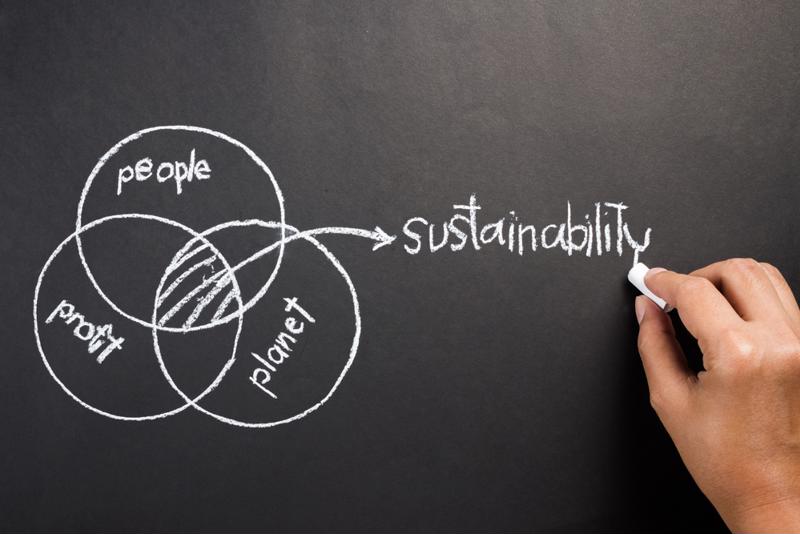
Wine labels might be able to help alert consumers to brands they haven’t been able to find.
Where the finest products along with everything you need for “do-it-yourself” label printing are just a click away.
Call Now: +1-866-299-0066 or Live Chat

From new FDA regulations to consumer trends, there has been a lot of changes to the labels on our food and beverages.
An increasingly popular and recent inclusion has been the sustainability label. As The Week summarizes the long history of sustainability, they also explain how the marker is meant to, “certify that the object for sale is… made in a way that meets humanity’s needs without jeopardizing the ability of future generations to meet their own.”
This designation has been heavily adopted by chocolate, coffee and fish producers, but what does it mean for consumers?
Many manufacturers have an incentive to receive a sustainability distinction on their label. When products have been deemed viable, they can be sold at a higher price. To be considered sustainable, merchandise creation must be thought of in the following three dimensions:
Businesses should evaluate every step of their production process with respect to these criteria. Though different products and industries have different manufacturing techniques, most retail goods like clothing and food will use similar resources and labor.
There are three primary means of receiving a voluntary sustainability standard: Government, NGO and Company. You have most likely seen labels that certify food products as “USDA Organic,” or “Fair-trade Certified,” while walking your local supermarket aisles. Since there’s no one FDA regulation regarding sustainable products, these certifications will have to suffice for manufacturers who see the value in receiving the distinction.

Due to the lack of formality with which products are labeled as sustainable, it can be a hassle for consumers to know what they are purchasing. One sphere that has faced this problem, and has attempted to come up with a solution, is the fishing industry.
While many businesses have felt the pressure to change their practices in response to consumer demand for sustainable products, the fishing industry has done this out of necessity due to an unsuitable production process, the Guardian reports. Overfishing has long plagued the industry, and its consequences are now being felt at full force. Now that consumers are aware of the issue, they are trying to address the problem by purchasing sustainably farmed or caught fish.
To help consumers make more conscious choices, the Guardian describes how the Marine Stewardship Council awards fisheries sustainable status with a blue check on their labels. Shoppers can be assured the process that went into harvesting their meal was environmentally aware. Other retailers have also begun stating where seafood is from and including if it is farm-raised or wild.
With sustainability becoming a focus with the food we eat and the clothes we wear, consider applying for a sustainable verification to add to your product label if applicable. And when you are ready to manufacture, make sure to obtain the printing infrastructure you need by visiting DuraFast’s U.S. store or Canada page.